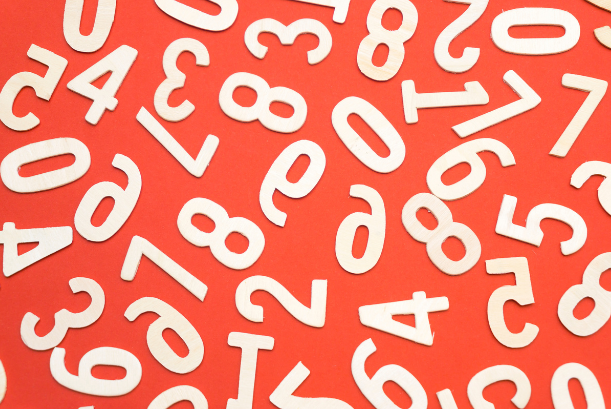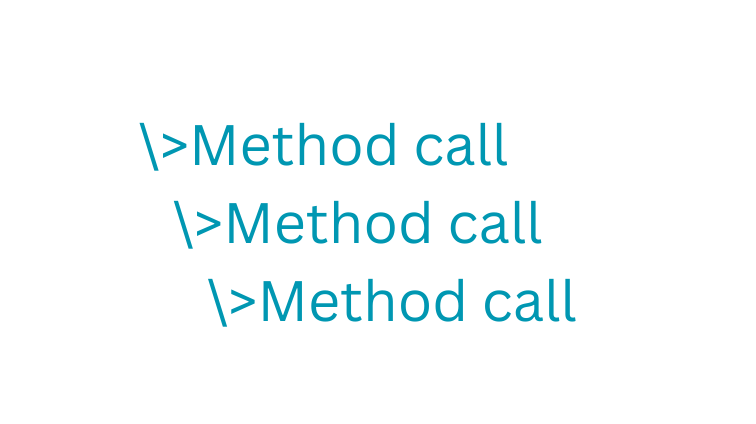Java introduction to BigDecimal
BigDecimal represent immutable, arbitrary-precision signed decimal numbers. A BigDecimal consists of an arbitrary precision integer unscaled value and a 32-bit integer scale. The BigDecimal class provides operations for arithmetic, scale manipulation, rounding, comparison, hashing, and format conversion. The toString() method provides a canonical representation of a BigDecimal. Why we need BigDecimal? We already have double, … Read more




